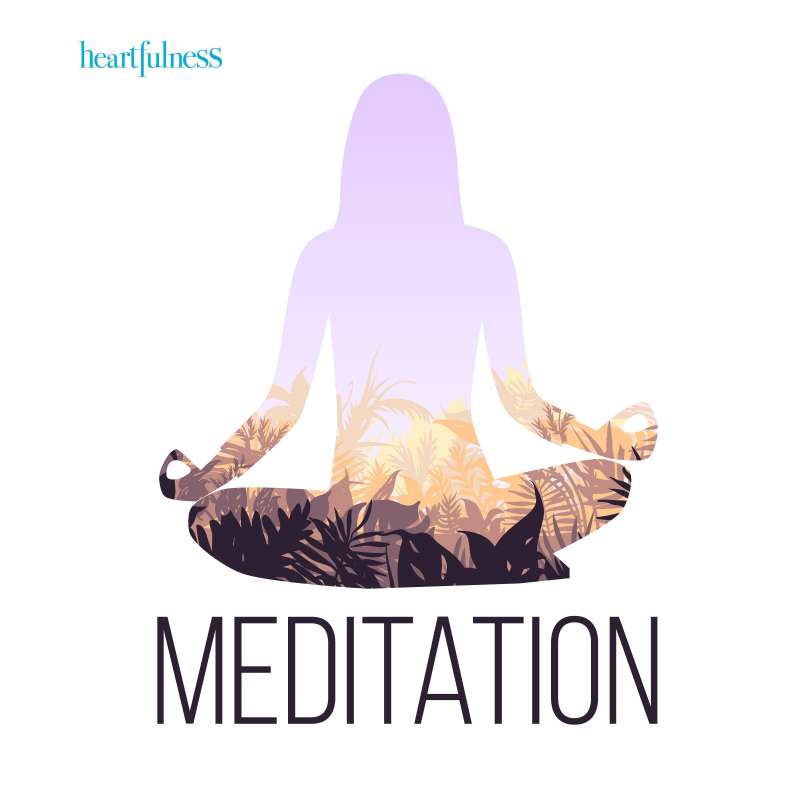

Depression: What does it mean, and how does it transform a settled state of mind into a disturbed one?
Depression is generally described as feeling miserable, isolated and with a lack of interest in activities that were once enjoyed with all enthusiasm. Mental stress is a major cause of depression. Endless brooding and worrying can result in anxiety, guilt, apathy, and discontent. Moreover, it robs you of your sleep, further aggravating matters. In the daily hustle and bustle of today’s material world, finding peace for a brief moment can be a mammoth task. And when peace is lost, you open the door to negative emotions and a troubled state of mind.
We are busy juggling work and relationships, and most of us fail to strike a balance between these major components of our lives – I know because I’m one of those people. It’s only natural to get caught up in the frenzy of everyday commotion and not take a moment to pause and assess our lives. Added to this, our very complex brain has a natural tendency to think negative thoughts and I was prey to all manner of angst and suffering.
Many people get succor from meditation, as it’s a recovery technique that gives hope against anxiety and depression. For others, the only solution lies in taking antidepressants. In my case, my stress level was getting chronic with each passing day and I resorted to seeking help in the form of medication. But taking pills let me down completely! Getting to sleep by unnatural means was not conducive to mental healing, as the brain cannot detox. If anything, this forms an even unhealthier dependency as well as other complications. It was then that I started Heartfulness Meditation.
Meditate to Vent Anxiety
In simple terms, anxiety is when we can’t regulate our emotions, and anxiety-inducing thoughts have a way of bouncing around our mind creating a major situation if we’re not aware of it. When we meditate, we assemble those thoughts, sit them down, observe them, talk to them, and let them go. And with that, we release the pent-up tension. With regular meditation, I was able to rationalize over time that these thoughts are illusory and they don’t define who I am.
Meditation practice also helps in knowing our bodies. We sense physical movements when we become more sensitive and aware. This is not easy, it takes time and regular practice. It’s during meditation that I realize I sit with my sensations in the same way that I sit with my thoughts. Little by little, this technique helped me out in dealing with anxious thoughts, so I could cut them before they crept in.
It Triggers the Nature of Anxiety
Depression, anxiety, and stress are created by us, but we want something or someone else to blame them on. Little do we know that the answer lies within us. Meditation helps in reconnecting with our inner being and lets us master our own happiness.
More than getting me close to my heart, meditation helped me feel relaxed, contented and gave inner healing. I am a beginner, however, the sense of relaxation, calmness, and lightness makes me happy to the core. Meditation triggers thoughts that I can now recognize and gives me different solutions to perceive them and conquer them. Though I couldn’t make the problems, anxieties, and stress go away, I found ways to gain control and get my priorities sorted, both at work and in my personal life.
Practice Heartfulness Every Day to Feel Happy
From tapering off antidepressants to starting off every day with meditation, the transformation has been flawless. Yes, I can now work with my thoughts, I can now predict the nature of anxious thoughts, and I can now make better decisions than before. I practice Heartfulness Meditation every day to feel happy. More than analyzing my thoughts, I meditate to seek nothing but contentment; I meditate to seek peace and joy in myself and this brings wisdom in my actions.


